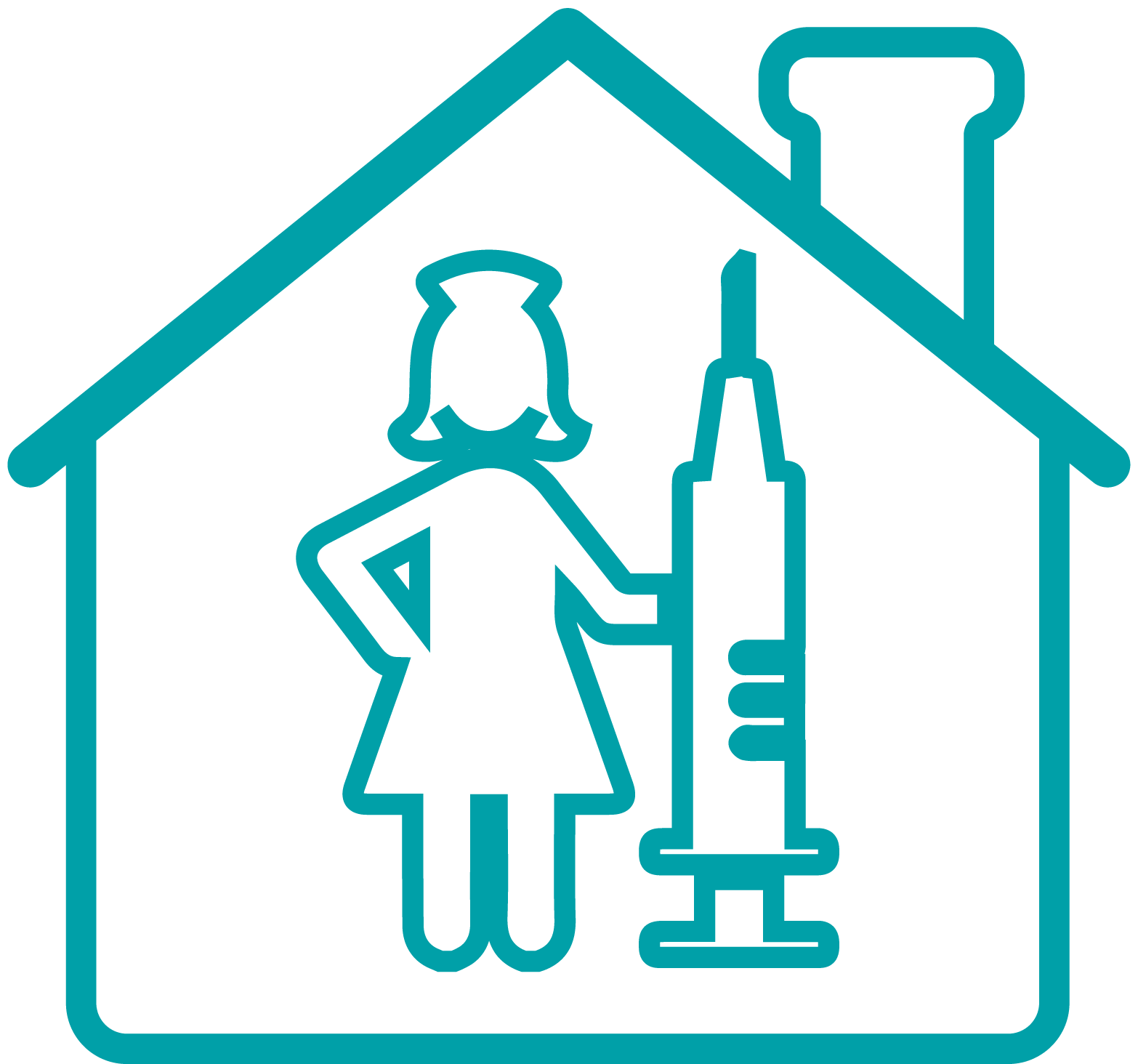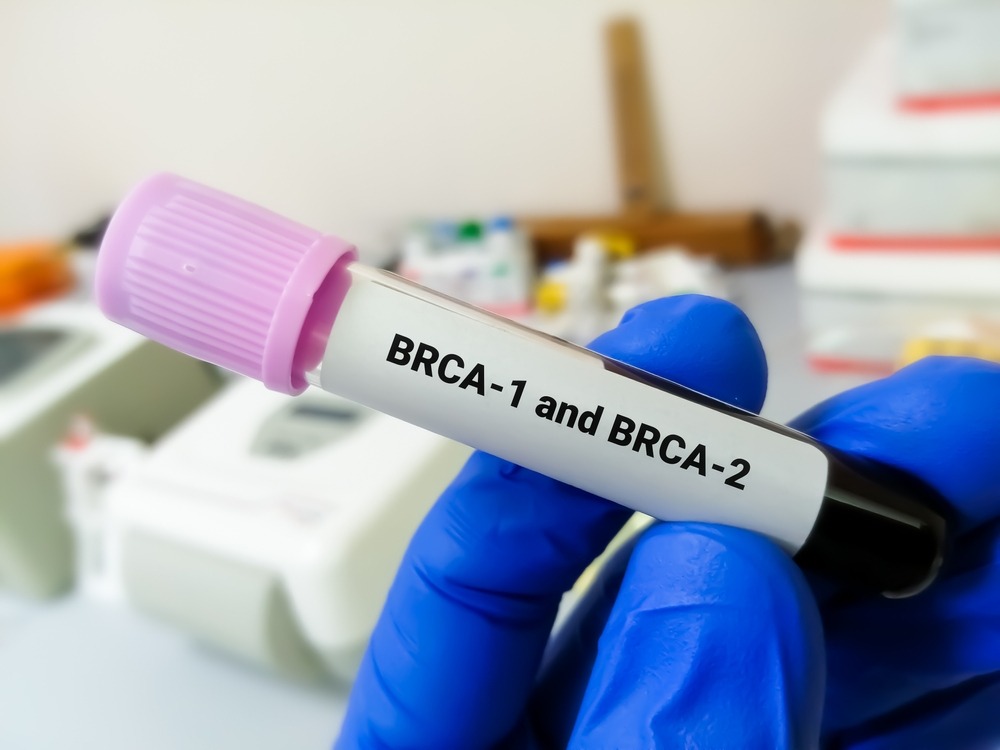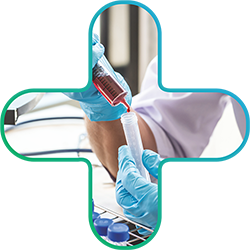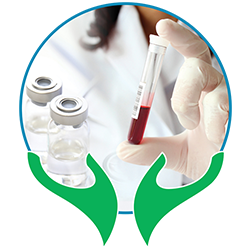Deep DIVE into BRCA Genes: Function, Variants, and Impact on Cancer
The BRCA Mutation Landscape: Understanding Variants and Their Effects
BRCA is one of the well-studied tumour suppressor gene. There are two BRCA gene one is BRCA1 and another is BRCA2. BRCA1 and BRCA2 are involved in maintenance of genome stability, specifically the homologous recombination pathway for double-strand DNA repair.
BRCA1 gene encodes a 190 kD nuclear phosphoprotein, this gene contains 22 exons spanning about 110 kb of DNA. Mutations in this gene are responsible for approximately 40% of inherited breast cancers and more than 80% of inherited breast and ovarian cancers. BRCA1 mutations in the germline have become a hallmark for hereditary breast and ovarian cancers. The BRCA2 gene was found on chromosome 13q12.3 in human.
Newer dimension of studies could relate that pathogenic germline variants and clinically significant somatic mutations of HRR genes turn cancer cells susceptible to PARP inhibitors (PARPi) and other evolving targeted therapies. Testing HRR genes for genetic variants has thus acquired greater importance in risk stratification and treatment decision-making.

BRCA1- and BRCA2-associated hereditary breast and ovarian cancer (HBOC) is characterized by an increased risk for female and male breast cancer, ovarian cancer (including fallopian tube and primary peritoneal cancers), and to a lesser extent other cancers such as prostate cancer, pancreatic cancer, and melanoma primarily in individuals with a BRCA2 pathogenic variant.
The screening/diagnosis of BRCA1- and BRCA2-associated HBOC is considered in a person by identification of a heterozygous germline pathogenic variant in BRCA1 or BRCA2 on molecular genetic testing.
Breast cancer is one of the most common type of cancer in women it accounts for 12.5% of all new annual cancer cases worldwide. About 13% (1in 8) of U.S., women develop invasive breast cancer in the course of their life (1).
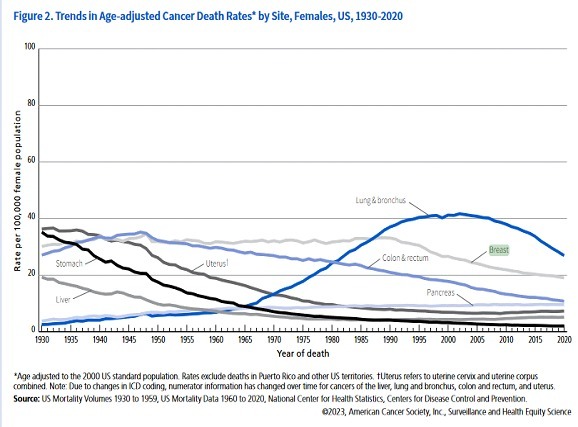
However, many other factors may play an important role in increase the risk of cancer, such as smoking, chemical exposure, alcohol consumptions etc.
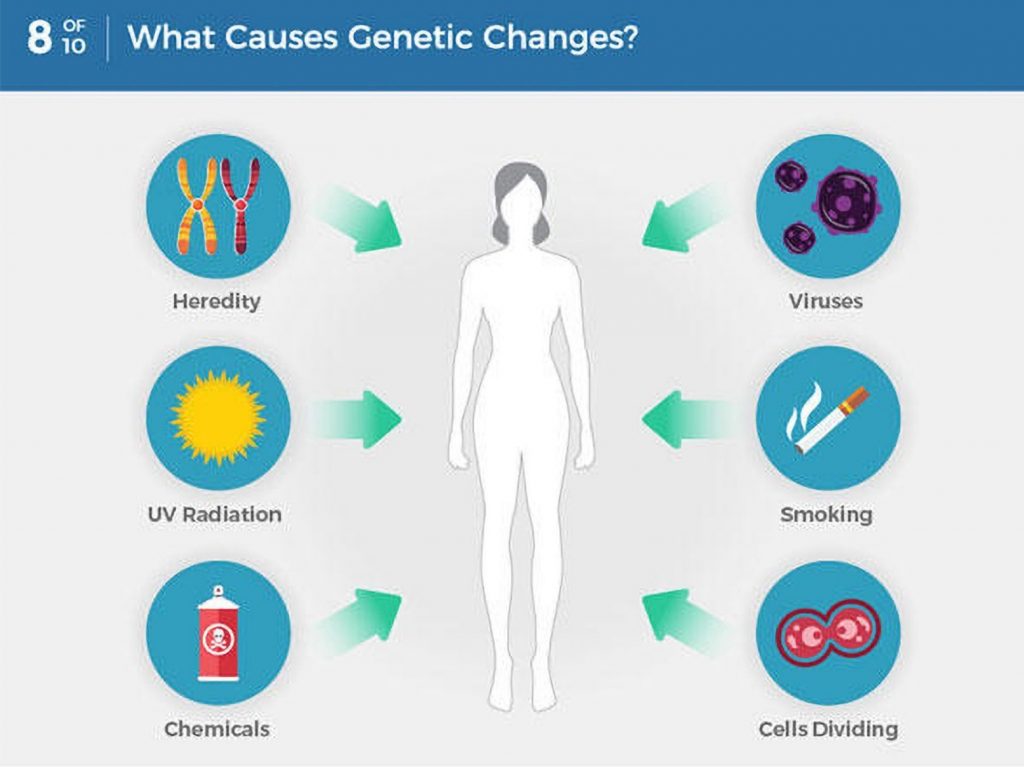
In the US in 2023, invasive breast cancer will be diagnosed in an estimated 297,790 women and 2,800 men, with an additional 55,720 cases of ductal carcinoma in situ (DCIS) diagnosed in women. As per the American cancer society: “Cancer Facts & Figures 2023” An estimated 43,700 breast cancer deaths (43,170 in women, 530 in men) will occur in 2023. The breast cancer death rate among females high in 1989 and has since declined by 43% as of 2020, credit goes to earlier detection through screening mammography, as well as increased breast cancer awareness and improved treatment. This decrease translates to approximately 460,000 fewer breast cancer deaths during this time period than would have been expected in the absence of this progress. However, mortality rates in Black women remain about 40% higher than in White women, despite lower incidence (1).
Everyone has BRCA1 and BRCA2 genes. This codes for proteins that plays an important role in repairing damaged DNA. Mutated BRCA1 at ~55-65% high risk of cancer where normal patient getting cancer risk is only 12%. In case of mutated BRCA2 cancer risk is ~45%. Individuals with BRCA gene mutations tend to be diagnosed with more aggressive cancer at a younger age, often within 30s-40s.
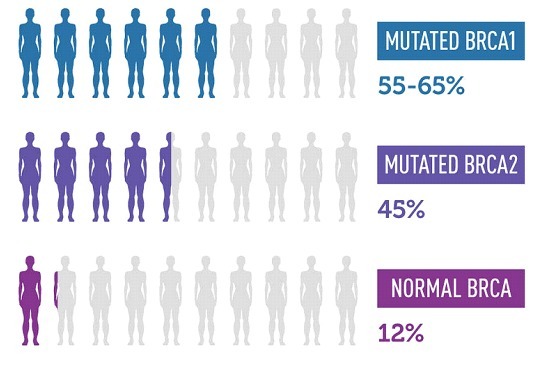
How this test will help me?
Studies showed evidence that people with BRCA gene mutations have such significantly increased risks of breast and ovarian cancer, thus, testing for BRCA gene mutations strong step in personalizing cancer screening and risk management based on genetic risk factors. Individuals with a strong family history of breast and/or ovarian cancer are generally referred by their doctor to a genetic counsellor. This helps them to understand a detailed family medical history and use mathematical models to estimate that individual’s personal cancer risk.
What if I am found to be positive for BRCA mutation?
A person having a positive pathogenic mutation in BRCA gene typically undergo more frequent screening for breast cancer, usually mammogram and MSI every year. There are even evidences, Some women with BRCA gene mutations and a strong family history of cancer decide to undergo preventive mastectomies and oophorectomies (removal of ovaries) to reduce their future risk of developing cancer. This was very well noticed during Angelina Jolie’s decision on her mastectomy. With her public noticed awareness for BRCA positive condition (3).

What technique is best for testing?
Testing of BRCA is done by specialized genetic testing. Traditionally it was done by amplifying the copy of gene, followed by Sanger’s sequencing. Still this technique is considered as gold standard. However, this technique might be time consuming and for somatic condition in tissue, we might not be able to detect low mutation content level due to technique limitations. Recent addition of the newer techniques such as massively parallel sequencing/Next generation sequencing have allowed scientist to utilized its benefit to move towards the precision medicine dependent therapeutic approach (4).













